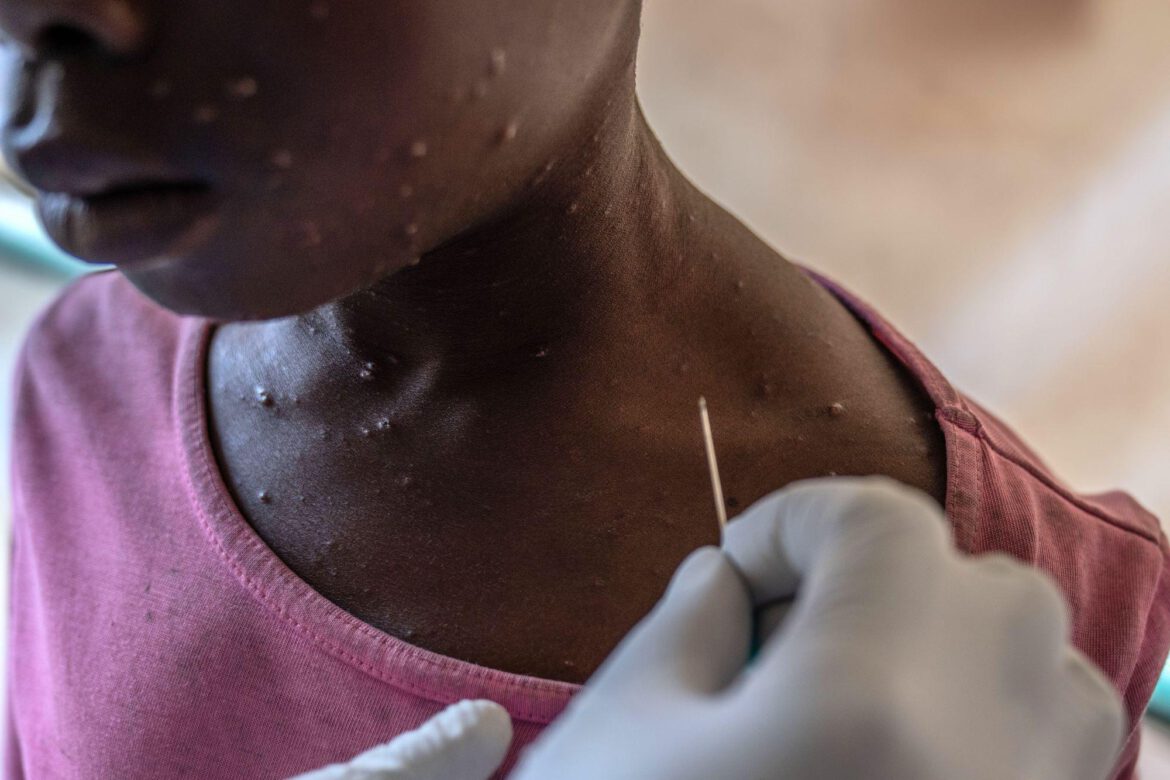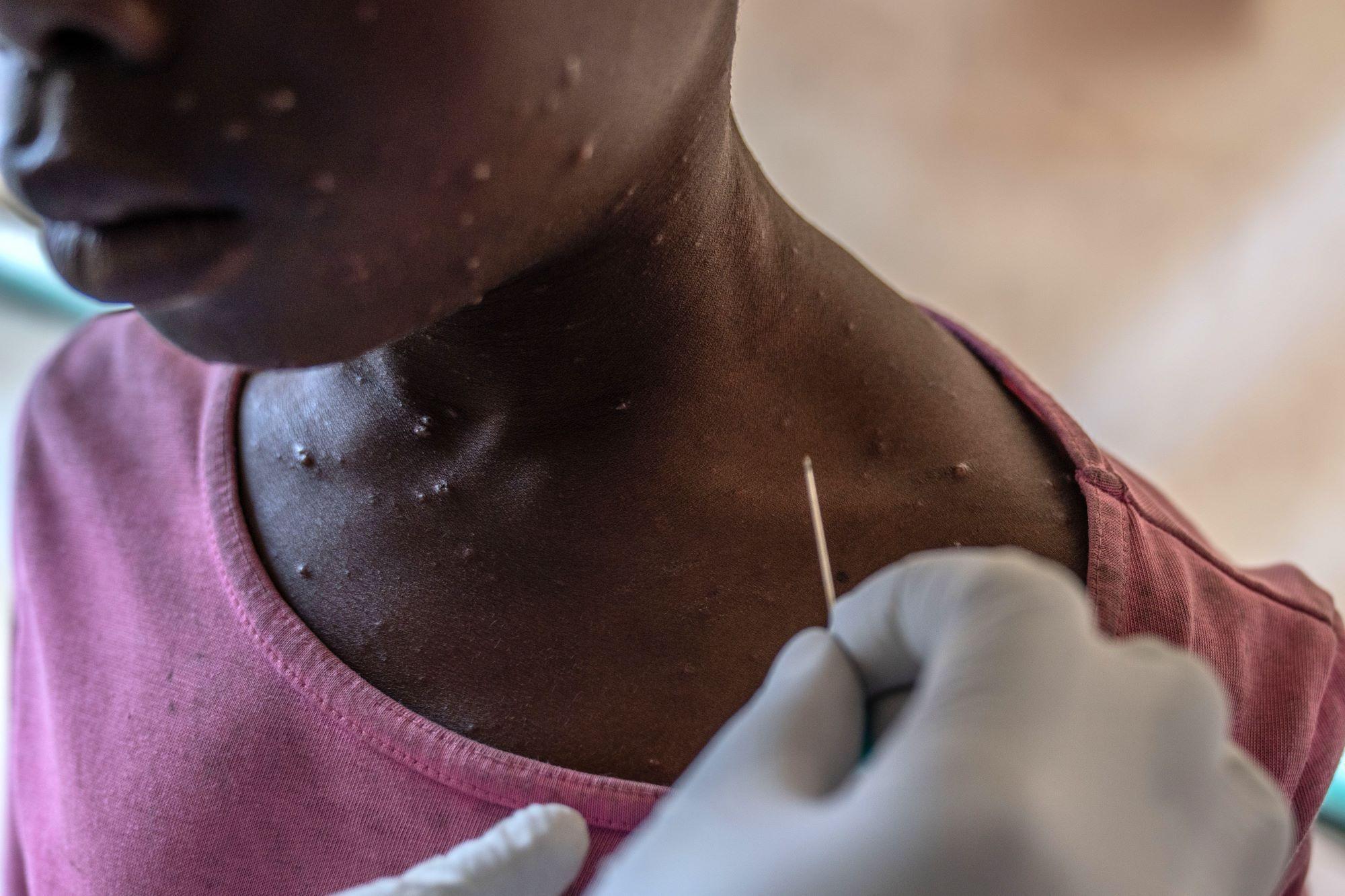
Wen di World Health Organisation (WHO) declare mpox as global health emergency for di second time in two years, many pipo ask: shey dis na di new Covid-19?
Scientists and health experts agree say na valid concern, but tok say di answer na No.
“Mpox no be di new Covid. Di risk to di general population dey low,” Dr Hans Kluge tok – im be WHO regional director for Europe.
“We know how to control mpox. For di European region, we know di steps wey dey needed to eliminate di transmission togeda.”
Na viruses dey cause both diseases, but dem get different symptoms, and spread in different ways.
“Di differences dey more marked dan similarities,” Prof Rodney Adam – im na consultant infectious disease specialist for Aga Khan University Hospital wey dey Kenya.
Here na five of dose differences.
1. Mpox no be new virus
Mpox, wey dem bin dey call monkeypox bifor, don dey around since 1958 wen dem first detect di virus in monkeys wey dem hold for captivity for Denmark.
Dem report di first human case for di Democratic Republic of Congo for 1970.
Since den, outbreaks don dey for West and Central Africa. Di first time dem declare am as global health emergency for 2022, di disease bin don spread to more dan 70 kontris.
By contrast, na new virus wey be SARS-CoV2 wey dem bin neva identify in humans cause di 2019 outbreak of Covid-19 for Wuhan, China, wey quickly become a global pandemic.
Scientists tok say we know more about mpox now dan we bin know about Covid-19 wen e become a public health emergency of international concern.
2. Mpox no dey contagious as Covid-19
Even though both diseases dey spread through close contact, Covid-19 spread faster becos e dey spread through air.
Pipo fit catch am by inhaling tiny liquid droplets from affected pesin wey cough, sneeze, speak, sing or just breathe in dia presence, according to di WHO.
Mpox dey spread by veri close or prolonged contact wit affected pesin, such as skin-to-skin contact, including sex, contact wit contaminated bedding and clothing, and prolonged face-to-face interaction.
More dan 760 million cases of Covid-19 bin dey recorded worldwide between 2019 and August 2023, di WHO say, whereas e dey take two years since May 2022 for mpox infections to reach out di 100,000 mark globally.
For 2024, di Africa Centres for Disease Control and Prevention (Africa CDC) don record 18,910 cases and nearly 600 deaths.
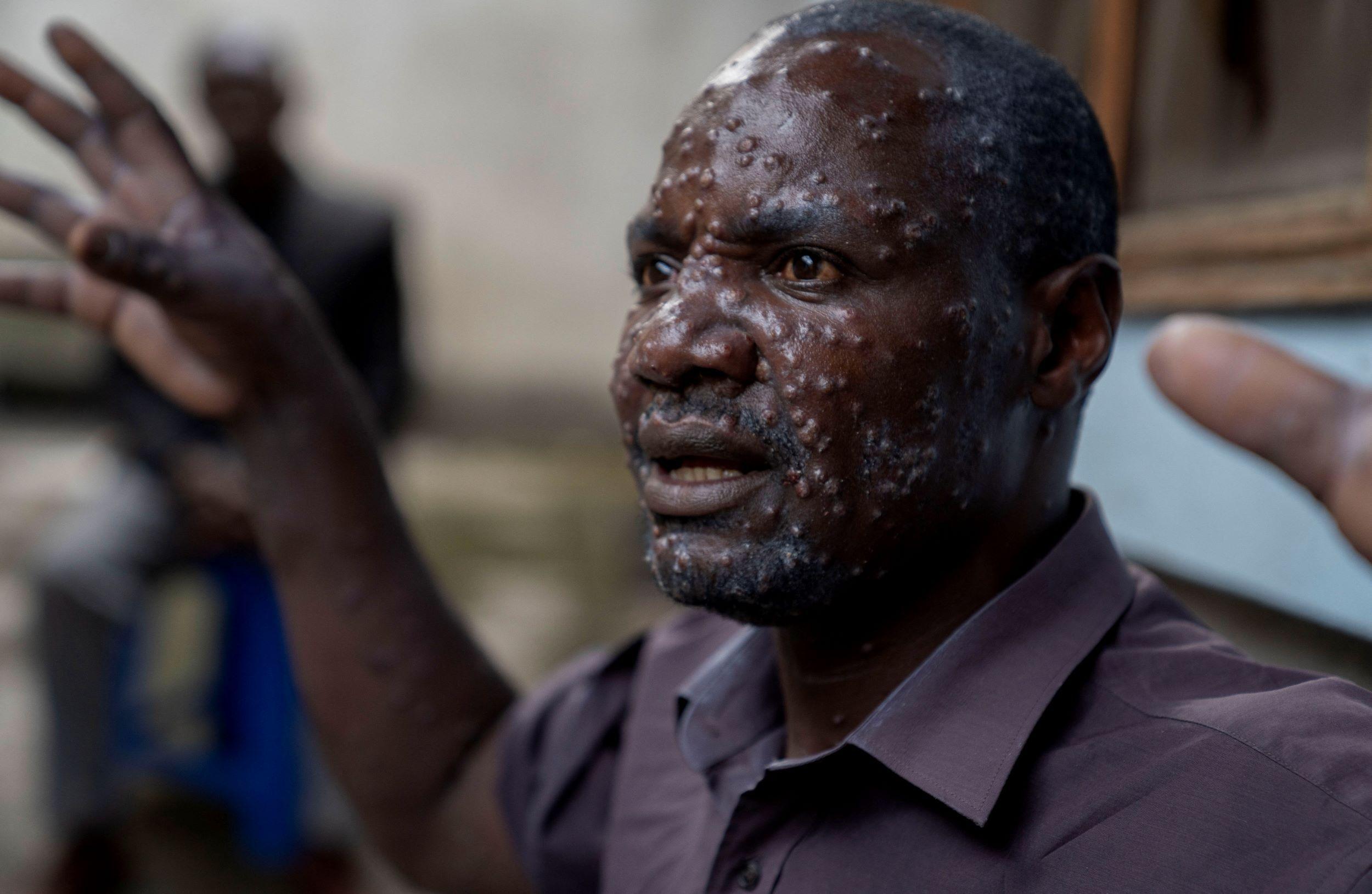
3. Vaccines already dey available for mpox
Wen Covid-19 pandemic start, race bin dey to develop vaccines. But vaccines wey dey offer protection against mpox dey available now.
Mpox dey related to smallpox, a disease di world bin eradicate through vaccination for 1980. Vaccines wey work against smallpox also provide protection against monkeypox, particularly for di 2022 outbreak.
“No be 100% protective, but based on di big outbreak from 2022 for Europe and North America, older pipo bin dey at lower risk, and dat na becos dem get some protection from di smallpox vaccine,” Prof Adams tok.
Bavarian Nordic supply more dan 15 million doses of di MVA-BN vaccine – mpox vaccine based on smallpox vaccine – to more dan 76 kontris around di world during di 2022 outbreak.
4. Di mpox virus dey change more slowly dan coronaviruses
Viruses change over time but some change faster dan odas.
Dat na becos na one DNA virus dey cause mpox and one RNA virus dey cause Covid-19. DNA viruses dey change as freely as RNA viruses according to di American Society of Microbiology. E get two known families or clades of di mpox virus – clade 1 and clade 2. Di SARS-CoV2 virus get more dan 20 known clades.
Di current outbreak dey mostly dey driven by one offshoot of di clade 1 virus, known as clade 1b.
“Wetin we dey see wit clade 1b na say dis dey often emerge from often sexual transmission, but we dey also see pesin-to-pesin transmission [within] households: mama to pikin, pikin to pikin, care to pikin,” Trudie Lang tok – im na professor of global health research for Oxford University.
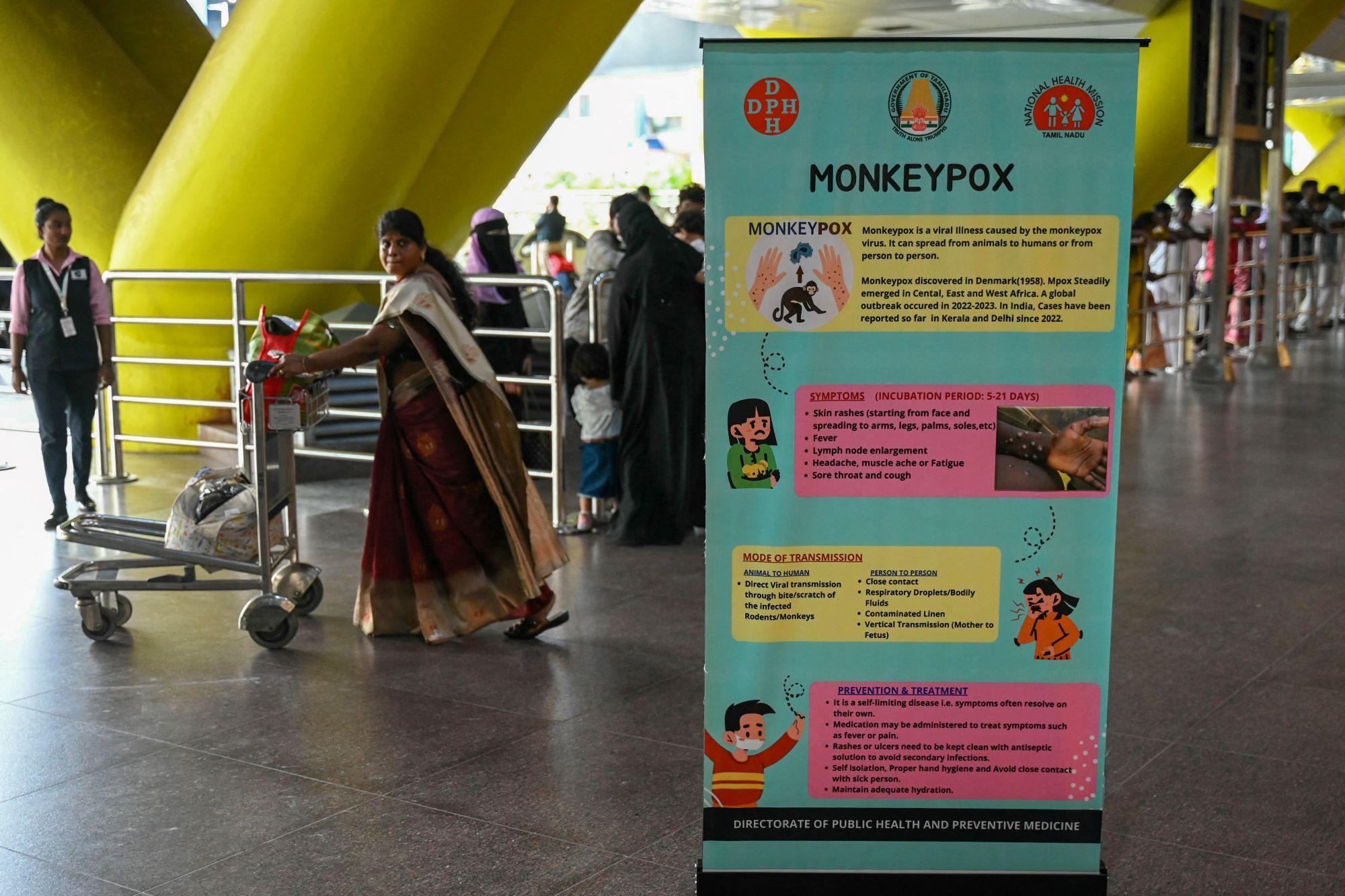
WHO scientists tok say dem no know weda di 1b strain dey more easily transmitted dan oda strains.
Wetin dem know be say for di latest outbreak, infected pipo tend to already develop severe symptoms by di time dem report say dem get di disease.
5. Likelihood of a lockdown, closed borders or vaccine mandates no dey
Many pipo dey concerned say di spread of mpox go result in lockdowns, and bring di world to a standstill, as we see for di Covid pandemic.
But even though di disease don spread to 16 kontris for Africa ova di past two years, di Africa CDC no dey recommend di closure of any border.
“Africa CDC no go advise for interruption of movement of pipo and goods at dis moment, wit di evidence wey we get,” Dr Jean Kaseya, wey be di agency director general, tok. “Movement of pipo and goods go continue as e be for past, while we dey give oursefs di tools to fight dis outbreak.”
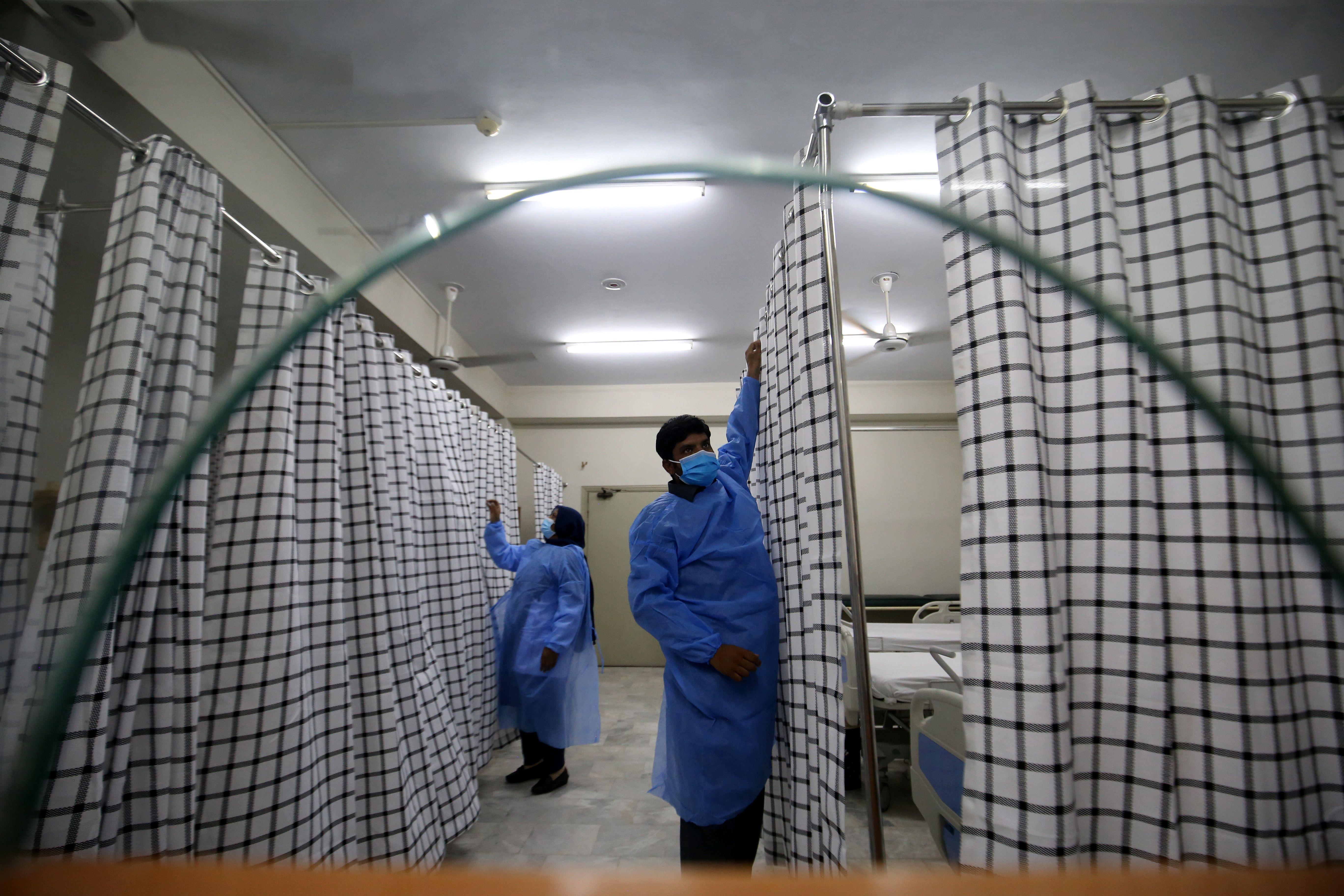
Dr Mike Ryan wey be executive director of di WHO health emergencies programme agree.
“Mpox na virus wey fit dey contained if we do di right tins at di right time and put all of our minds togeda. Like we do for Covid.”
Mpox dey usually mild and most pipo recova within two to four weeks. However, some pipo develop severe disease and complications and require hospital admission.
You fit protect yoursef from infection by avoiding close contact wit infected pesins, items or animals. Simple hand-washing, or using hand sanitiser afta touching sores and wounds dey advised.
“We know say vaccines dey quite protective, so we get beta tools at our disposal right now, and a less contagious virus for widespread transmission,” Prof Rodney tok. “So, I tink a pandemic like Covid dey unlikely.”

